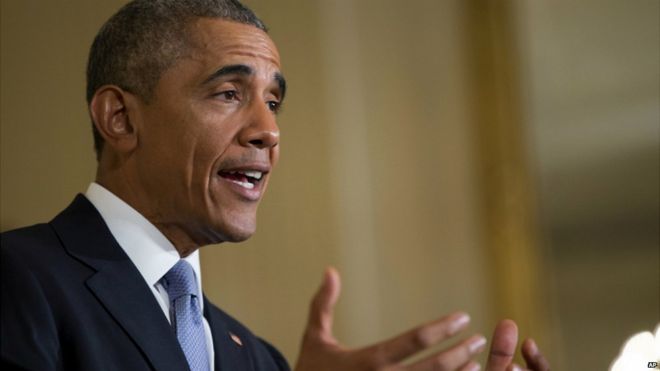By Samuel Miller
Impunity Watch Reporter, North America and Oceania
CANBERRA, Australia — The Australian Government declared Monday a deal to resettle refugees in Cambodia is still on track, despite reports indicating the Cambodian Government would not take more Australian refugees. Under an agreement signed in September last year, Australia is paying Cambodia to take in refugees rejected from its detention center on Nauru, a tiny Oceanic island country located within the South Pacific.

So far, however, only four refugees from Nauru have volunteered to go to Cambodia.
Four refugees, an Iranian couple, an Iranian man and a Rohingyan man from Burma, were transferred from Nauru to the Cambodian capital Phnom Penh in June. Currently, they live in relative luxury in an Australian-funded villa, and the plan is to have the refugees remain there indefinitely.
Over the weekend, Interior Ministry spokesman Khieu Sopheak was quoted in the Cambodian Daily as saying the four refugees were “enjoying their life” in Cambodia. At the same time, however, Mr. Sopheak commented on the continued enterprise between the two countries.
“We don’t have any plans to import more refugees from Nauru to Cambodia. I think the less we receive the better.”
Australian Prime Minister Tony Abbott said the refugee deal “was still on track”, and “should be looked at as an important agreement which indicates Cambodia’s readiness to be a good international citizen.” Additionally, Immigration Minister Peter Dutton said Australia had a level of confidence in the agreement, and “we hope a lot more will follow the four who have already gone”.
A fact sheet on life in Cambodia given out on Nauru serves to act as an inducement. It paints an implausibly rosy picture of life, describing the country as “rapidly developing” with “all the freedoms of a democratic society”, as well as “a high standard of health care with multiple hospitals”, and no “violent crime or stray dogs”.
What Australia tells its own citizens about Cambodia is rather different. Australia’s foreign affairs department says on its website, “Health and medical services in Cambodia are generally of a very poor quality and very limited in the services they can provide”.
The Australian Government declined to comment on the apparent discrepancy.
Labor’s immigration spokesman, Richard Marles, called on Dutton to explain the situation. “This is an expensive joke and once again we are learning about this through comments from ministers in the Cambodian government rather than ministers in our own government,” he told Sky News.
Australia has set aside about $55.5m Australian Dollars (AU), or roughly $40m for the deal, including an AU$40m aid package, which means almost AU$14m per refugee so far, according to figures from the Australia Associated Press.
For more information, please see:
BBC News — Australian government denies Cambodia refugee deal collapse – 31 August 2015
Deutsche Welle — Australia denies Cambodia refugee deal in jeopardy – 30 August 2015
Sydney Morning Herald — Plan to resettle refugees in Cambodia collapses – 30 August 2015



